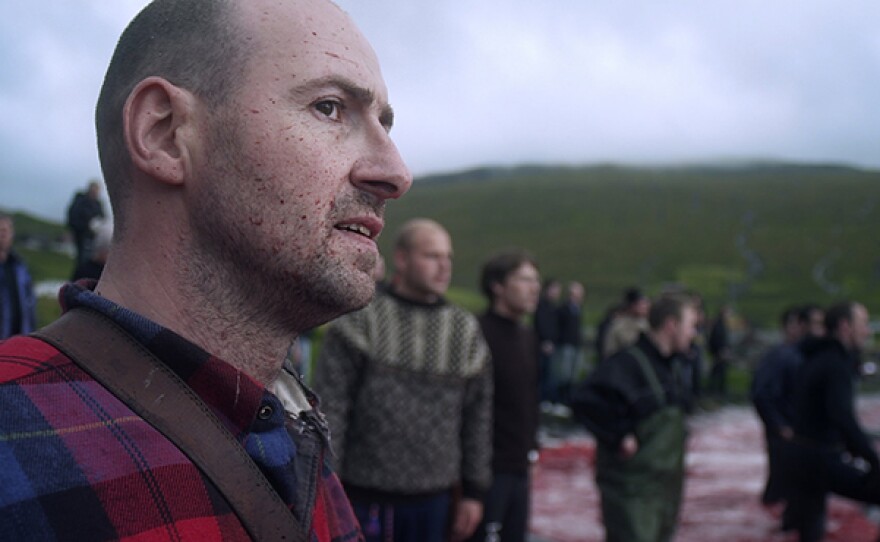Learn why threats to the whale-hunting practices of the Faroese are a warning to the world.
Scottish filmmaker Mike Day turns his lens on the isolated North Atlantic archipelago of the Faroe Islands with “The Islands And The Whales,” which won the DOC NYC Grand Jury Prize and the Hot Docs Emerging International Filmmaker Award in 2016.
The longtime hunting practices of the Faroese are threatened by dangerously high mercury levels in whales, decimated seabird populations and anti- whaling activists.
Day explores the undeniably timely tensions between the environment, health, tradition and culture.
"The Islands And The Whales has its national broadcast premiere on the PBS documentary series POV on Monday, Oct. 9, 2017.
In their remote home on the Faroe Islands, the islanders have always accepted what nature could provide and been proud to put local food on the table.
Because their soil yields little bounty, the Faroese harvest their seas. As a result, the islanders are among the first to feel the impact of our ever more polluted oceans.
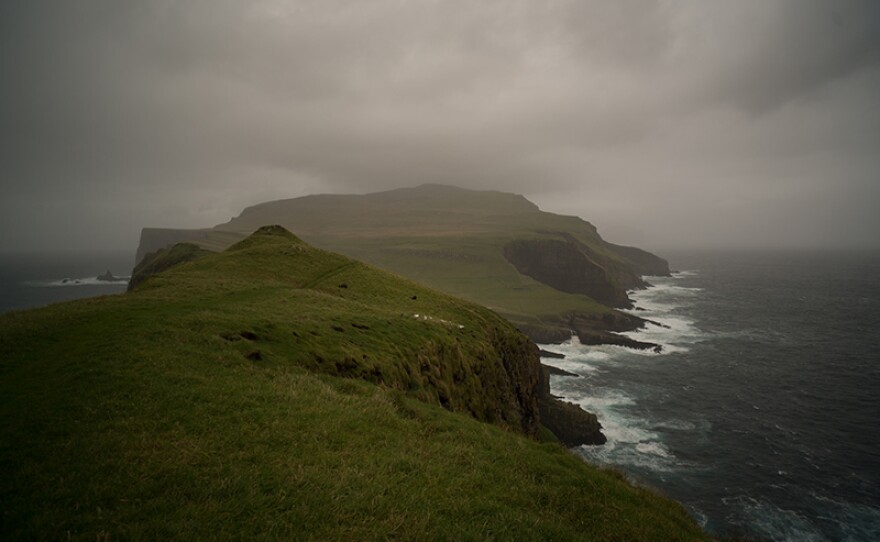
Contaminated by the outside world, the whales they capture are toxic. What once ensured their survival now endangers their children, and the Faroese must make a choice between health and tradition.
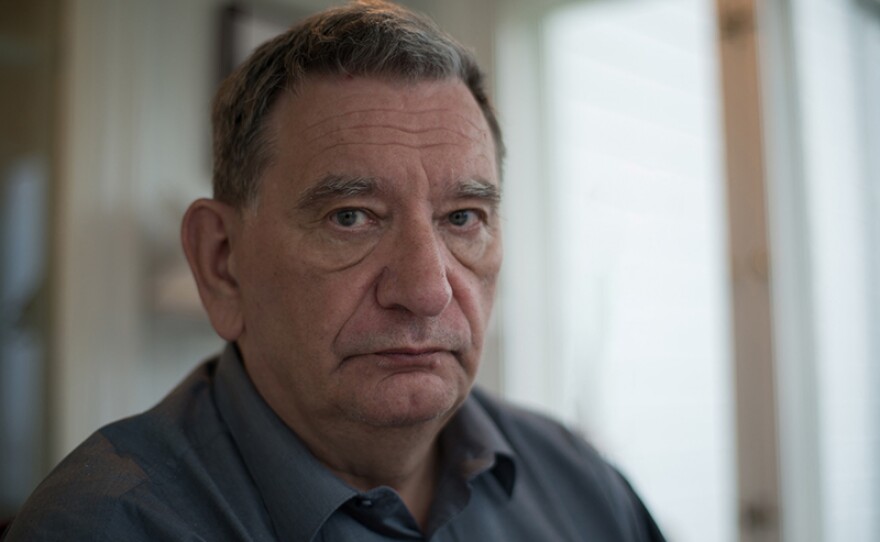
Day learned about the Faroe Islands while shooting his previous film, “The Guga Hunters of Ness” (2011), a BBC feature documentary about a Gaelic island community in Scotland embarking on its epic annual seabird hunt in the treacherous North Atlantic.
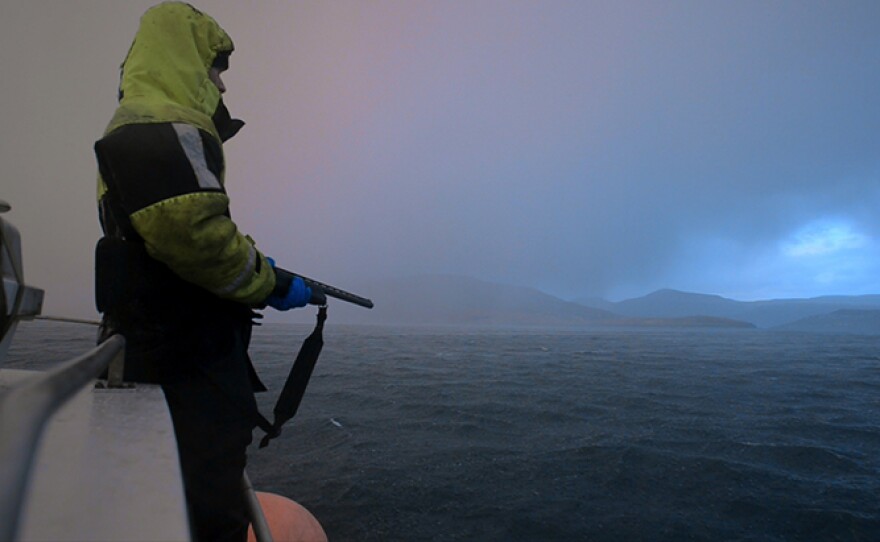
Like the practices of the Faroese, the hunting practices of the Ness community are a deeply rooted part of their society and culture.
They are the last men allowed to hunt seabirds in the European Union and the United Kingdom, and for 50 years that ancient tradition remained hidden and little known outside of the community. In 2009, Day sailed with the hunters and filmed their unique voyage.
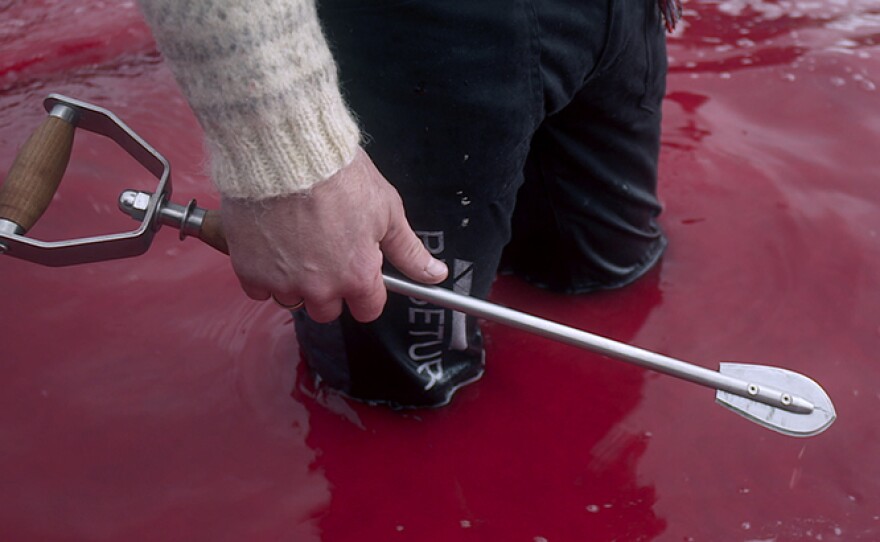
FILMMAKER QUOTES:
“‘The Islands And The Whales’ shows the unique Faroese community wrangling with the environmental problems we face,” said Day. “I hope the film gives us a chance to take stock of how we interact with the natural world and encourages us not to ignore the clear signs of the damage we are causing. There is a chance to act now before it’s too late. If we don’t, like the Faroese, we all risk putting contaminated food on the table."
“Mike’s film will challenge viewers,” said Justine Nagan, executive producer/executive director of POV/American Documentary. “When choosing between health, environment, family and livelihood, there are no easy answers for the inhabitants of the Faroe Islands. As their predicament evolves, the Faroese are challenged to keep up and make the best decisions they can for their families and communities. Yet economies and cultures do not change with the flip of a switch. ‘The Islands and the Whales’ is a sensitive exploration of this fundamental tension, and it invites American audiences to consider how fragile and interconnected our environments are.”
WATCH ON YOUR SCHEDULE:
Full episodes of POV are available to view on demand for a limited time after broadcast.
JOIN THE CONVERSATION:
POV is on Facebook, Google +, and you can follow @povdocs on Twitter. #IslandsandWhalesPBS
"The Islands And The Whales" is on Facebook
CREDITS:
A co-production of Intrepid Cinema and Radiator Film in association with American Documentary | POV. Director/Producer: Mike Day. Co-Producer: Stefan Frost, Henrik Underbjerg. Executive Producers: John Atkinson, Niall Christie, Matt Day, David Eckles, Leslie Finlay, Minette Nelson, Phillip Norah. Editors: Mike Day, Nicole Hálová, Mary Lampson. Executive Producers for POV: Justine Nagan and Chris White.
POV is American television's longest- running independent documentary series, now in its 30th season.

